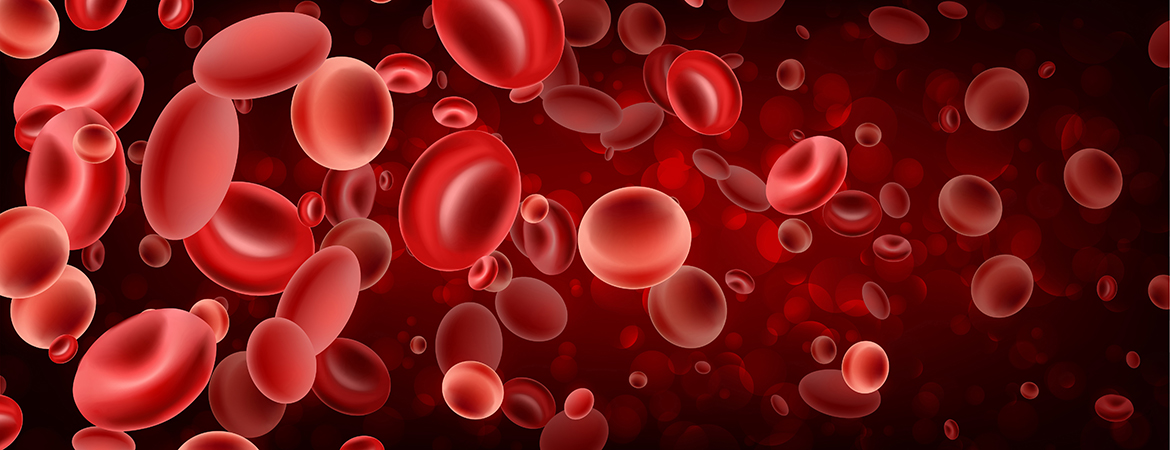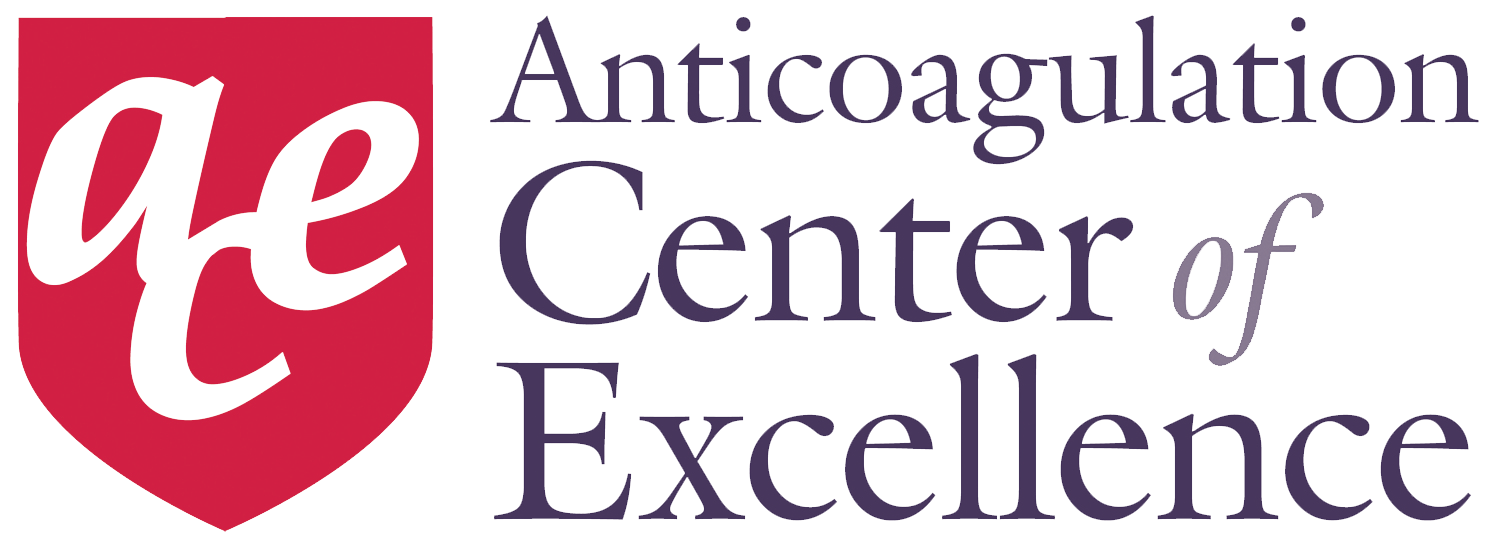
Patients who have a clot or are at risk for developing a clot are prescribed blood thinning medications known as anticoagulants. If you are taking anticoagulant medication, you will need routine testing and monitoring to prevent blood clots and minimize bleeding.
UConn Health offers Anticoagulation Clinic services tailored to adults who have been prescribed an anticoagulant. The clinic is staffed by professionals with specialized training in anticoagulation management. We provide education regarding the safe use of anticoagulants in a manner you understand so that you can become an informed member of your health care team. We will also order blood tests, adjust your anticoagulant medication dose, and refill your medication as needed. Our caring staff will work collaboratively with you, your family members, and your providers to manage your medication and address your needs and concerns. Clinic oversight is provided by both a cardiologist and a hematologist to ensure you are receiving quality care in accordance with the latest medical guidelines.
How Do I Know If I Need Anticoagulation Therapy?
You may need anticoagulation therapy if you have had the following conditions:
- Stroke
- Irregular heartbeat, such as atrial fibrillation (Afib) or atrial flutter (Aflutter)
- Artificial heart valves (mechanical heart valve in the aortic or mitral position)
- Deep vein thrombosis (DVT) – blood clot in the legs
- Pulmonary embolism (PE) – blood clot in the lungs
- Other conditions at risk for forming blood clots (Factor V Leiden, prothrombin gene mutation, protein C/S deficiency, antithrombin deficiency, antiphospholipid antibody syndrome)
What Do I Need to Do to Become an Anticoagulation Clinic Patient?
- Establish care with a UConn Health physician.
- Request the UConn Health physician to send an electronic referral to the Anticoagulation Clinic.
- Maintain yearly visits with your UConn Health physician.
- Maintain quarterly visits with the anticoagulation clinic.
What Can I Expect During My Visit?
- Consistent and prompt monitoring of:
- Necessary blood tests, including INR
- Bleeding and clotting complications
- Drug interactions
- Anticoagulant medication dose adjustment as needed
- Comprehensive, ongoing education and communication
- Follow-up appointment scheduling
- Prescription refills provided as needed
- Coordinating blood work
Resources
Reference Tool for Pharmacists and Pharmacy Students (Last Update, November 2016)
Primary Teaching Tool for Warfarin (Coumadin) to Supply to Patients
Supplementary Information for Warfarin (Coumadin) and Blood Thinners
Enoxaparin Patient Teaching Information
Meet the Team
Damian Green
Anuja Rizal, RPh, PharmD, CACP
Contact
For more information or to schedule an appointment at the UConn Health Anticoagulation Clinic, contact 860-679-3470.
Location & Directions
Anticoagulation Clinic
11 South Road, Suite 230
Farmington, CT 06032-6237
Phone: 860-679-3470
Fax: 860-676-3446
Directions
